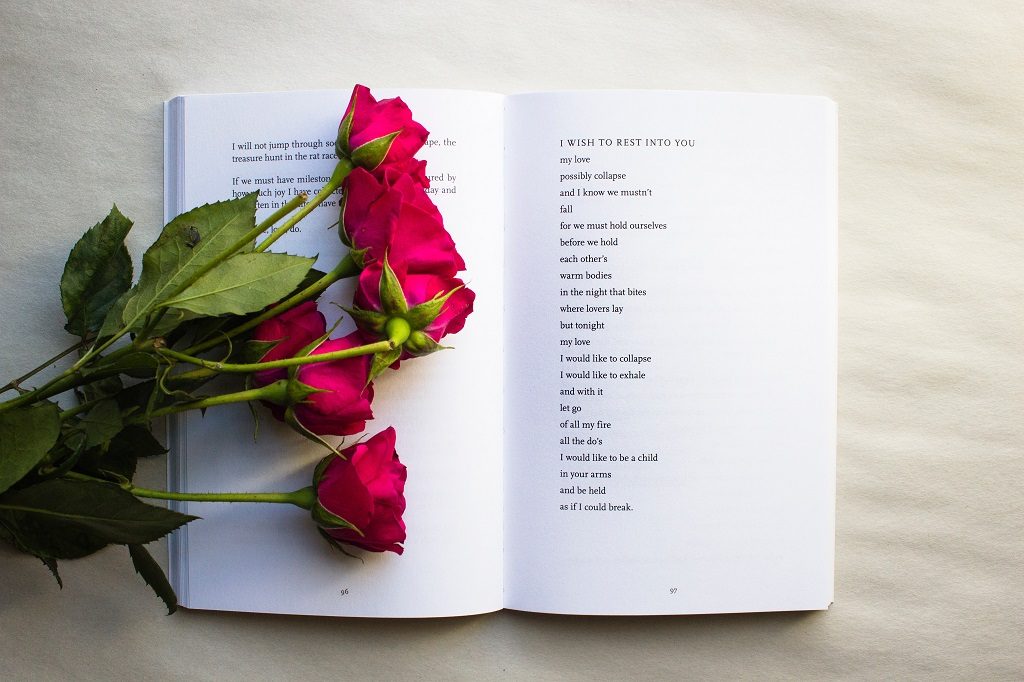Writing Poetry: How to Boost Students’ Imagination?
FOR STUDENTS
Poetry reveals the potential of human language to the fullest. Poetic texts demonstrate the mightiness and beauty of words and the way they can work together to inspire feelings, emotions, and thoughts about important things.

Writing a poem is a process that is all about expression and imagination, but no creativity can be productive without a smart approach. While poems come from one’s heart, some techniques can help youngsters learn how to compose them.
When introducing poetry as a genre to students, one may start with pinpointing that this way of expression is unique. Not only we enjoy the content of a poem when we hear one. The main distinguishing feature of poetry is the form. The form puts limits, but these limits don’t restrict one’s freedom. On the contrary, they provoke ideas.
Learning to write poems means to shape life experience into a form that reveals something in an extraordinary manner. Poetry uses its form to tell something that fiction cannot. As an educator, you need to show students how this magical mechanism works.
Let students know the diversity
To let students grasp a wide variety of poetry, you should introduce different authors. The genres, styles, backgrounds, and other points vary dramatically, and students should have a broad horizon before they start writing. What is more, they should be aware that reflecting on poems is more than just fantasizing about your life experience. It also includes an understanding of the author and his/her conditions.
It is crucial to include contemporary and classical authors. Your students should keep in mind that old doesn’t mean irrelevant on not interesting. Let them know that the world of poetry is endless and incredibly rich.
Share your writing experience
Read your poems to students and tell about your failures and successes. Share real-life experience and show how everything works for you in practice. This way, you will give them a key to how another person outlives the writing experience. Such revelations can be incredibly inspiring! What is more, they will know that you can answer their questions and share their struggles with you.

Explain that students should put themselves into their texts
A poet needs to share his thoughts and emotions in poems. Students should understand that a good poem is the one that has the potential to connect to someone else and only pure and sincere feelings can allow that. What is even more critical – personal inner experience is something that makes a poem truly unique. Explain that the texts should represent their personalities.
Encourage students to look beneath the surface
Teach students to dig deeper into their activity. Explain that it is crucial to ask questions about what they do all the time. Fair and accurate reflection will help them see things behind things. Let them reflect on the subject of a poem deeply. What are the reasons for them to talk about something particular? How does this theme reveal the way they see the world and themselves?
Encourage them to go deeper every time they write about something. This will help learners discover more than they expect, which is inspiring and creative.

Analyze the poems
Discuss their favorite texts and analyze the way they work. What are the specific features and characteristics that make the poems that great? Students should know how the techniques work. If they learn how to examine poems, they will start reading them differently. They need to see poems like poets, not just readers.
Understanding techniques and moves give fantastic power to the author. Students will be able to use these moves in practice and include them in their own works. At the one hand, this will add more consciousness to the process. At the other hand, this will add some challenges as well. Explain to students that while applying existing techniques is natural, they need to find their own unique way of that application.
Ask them to be specific
Poetry can be abstract, and there is no problem with that. However, when a student is trying to say something, no matter how subjective, they need to be specific. This means that every young author should know what exactly he/she is trying to express. Ask them to give comments on what they do and shape the texts strictly. Explain that clarity is essential because it allows us to reach and connect to the reader.


